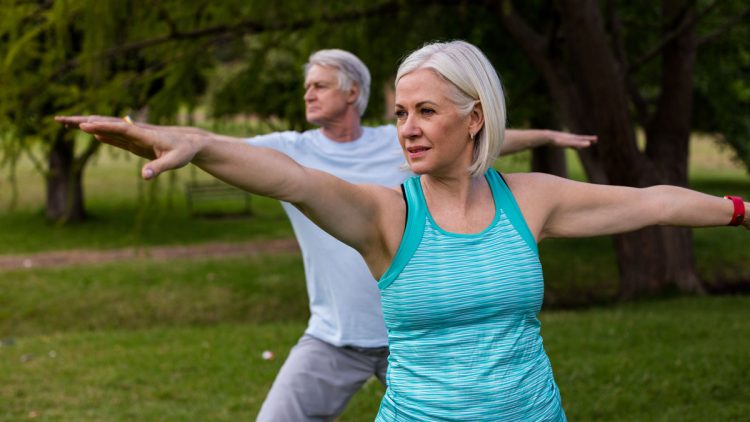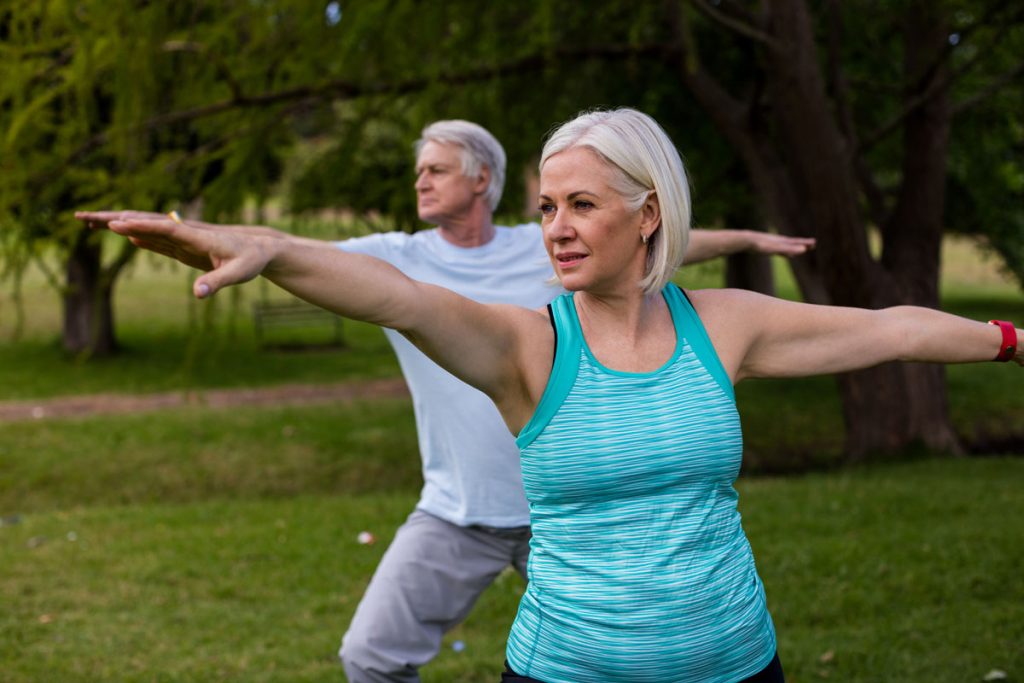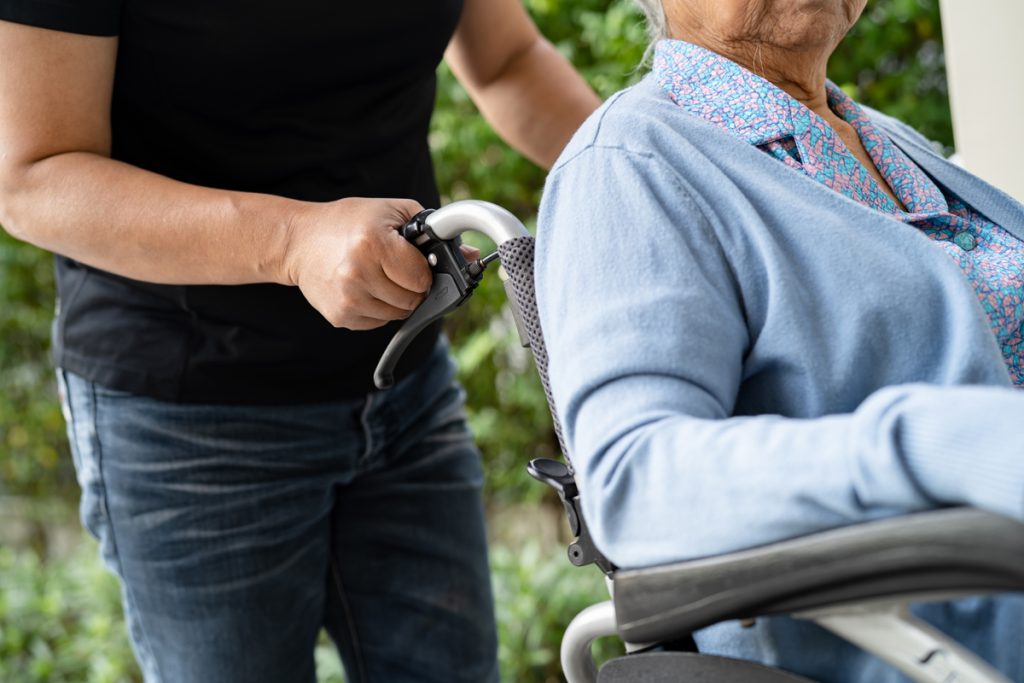Keeping Healthy For Seniors 2024
Maintaining health as a senior involves a holistic approach that encompasses physical, mental, and emotional well-being. Here are some comprehensive tips for seniors to stay healthy:
Physical Health
- Regular Exercise:
- Engage in moderate physical activities such as walking, swimming, or tai chi for at least 30 minutes a day, most days of the week.
- Incorporate strength training exercises to maintain muscle mass and bone density.
- Include flexibility and balance exercises to reduce the risk of falls.
- Balanced Diet:
- Eat a variety of fruits, vegetables, whole grains, lean proteins, and healthy fats.
- Stay hydrated by drinking plenty of water throughout the day.
- Limit salt, sugar, and saturated fats to reduce the risk of chronic diseases.
- Regular Health Check-Ups:
- Schedule annual check-ups and routine screenings (e.g., blood pressure, cholesterol, cancer screenings).
- Keep vaccinations up to date, including flu and pneumonia vaccines.
- Monitor and manage chronic conditions like diabetes, hypertension, and arthritis with the help of healthcare providers.
- Medication Management:
- Take medications as prescribed and keep an updated list of all medications.
- Discuss any side effects or concerns with your doctor or pharmacist.
- Use a pill organizer to avoid missed or double doses.
- Good Sleep Hygiene:
- Aim for 7-9 hours of sleep per night.
- Establish a regular sleep routine and create a comfortable sleep environment.
- Avoid caffeine and heavy meals before bedtime.
Mental Health
- Stay Mentally Active:
- Engage in activities that challenge the brain, such as puzzles, reading, or learning new skills.
- Stay curious and continue to learn new things.
- Social Connections:
- Maintain strong social connections with family, friends, and community.
- Participate in social activities, clubs, or volunteer work.
- Use technology to stay in touch with loved ones if in-person meetings are not possible.
- Stress Management:
- Practice relaxation techniques such as deep breathing, meditation, or yoga.
- Engage in hobbies and activities that bring joy and relaxation.
- Seek support from friends, family, or professionals when feeling overwhelmed.
Emotional Well-Being
- Positive Attitude:
- Focus on the positives and practice gratitude.
- Set realistic goals and celebrate small achievements.
- Maintain a sense of purpose through activities and relationships.
- Emotional Support:
- Don’t hesitate to talk about your feelings with trusted friends or family.
- Consider joining support groups for seniors to share experiences and receive encouragement.
- Seek professional help if experiencing signs of depression or anxiety.
Safety and Prevention
- Fall Prevention:
- Keep the home free of tripping hazards, such as loose rugs or clutter.
- Install grab bars in the bathroom and handrails on stairs.
- Use non-slip mats in the bathtub and shower.
- Home Safety:
- Ensure good lighting in all areas of the home.
- Keep emergency numbers easily accessible.
- Consider wearing a medical alert system if living alone.
- Healthy Living Environment:
- Maintain a clean and organized living space.
- Ensure proper ventilation and air quality.
- Regularly check for safety issues like smoke detectors and carbon monoxide alarms.
Lifestyle Adjustments
- Avoid Tobacco and Limit Alcohol:
- Quit smoking to improve overall health and reduce the risk of many diseases.
- Limit alcohol intake to moderate levels as advised by healthcare providers.
- Healthy Weight Management:
- Maintain a healthy weight through balanced diet and regular exercise.
- Seek guidance from healthcare providers for personalized weight management plans.
- Hydration:
- Drink enough fluids daily, as seniors are more prone to dehydration.
- Include a variety of fluids, such as water, herbal teas, and soups.
By adopting these practices, seniors can significantly improve their quality of life and maintain their independence and well-being for as long as possible. Regular communication with healthcare providers is essential to tailor these tips to individual needs and conditions.
Related Posts
Are Office Safety Assessments a Thing for Senior Workers?
Most people think of evaluations for heavy machinery, warehouse work, or construction sites when they think about office safety assessments. But the truth is that safety in the office is important for people of all ages, but especially for older workers. As the workforce gets older and more experienced workers stay on the job longer, [...]
Keeping Healthy For Seniors 2025
Here’s your comprehensive guide to remaining healthy as a senior in 2025, blending actionable strategies with evidence-based insights: 🌟 Benefits of Healthy Aging Modern research shows that lifestyle choices, like staying active, eating well, maintaining social engagement, and managing stress, have a greater impact on longevity than genetics—especially in later decades. New York Post+15Barron's+15Vibrant Life [...]
The Vital Role Of Clinician Insight In Home Modifications and Accessibility Solutions
In today’s age of Amazon and direct access to durable medical equipment (DME), it’s tempting to assume that anyone can set up a safe and accessible home for individuals with mobility or health challenges. However, a recent experience reinforced for me the irreplaceable value of a trained eye when planning home modifications. As a seasoned [...]




